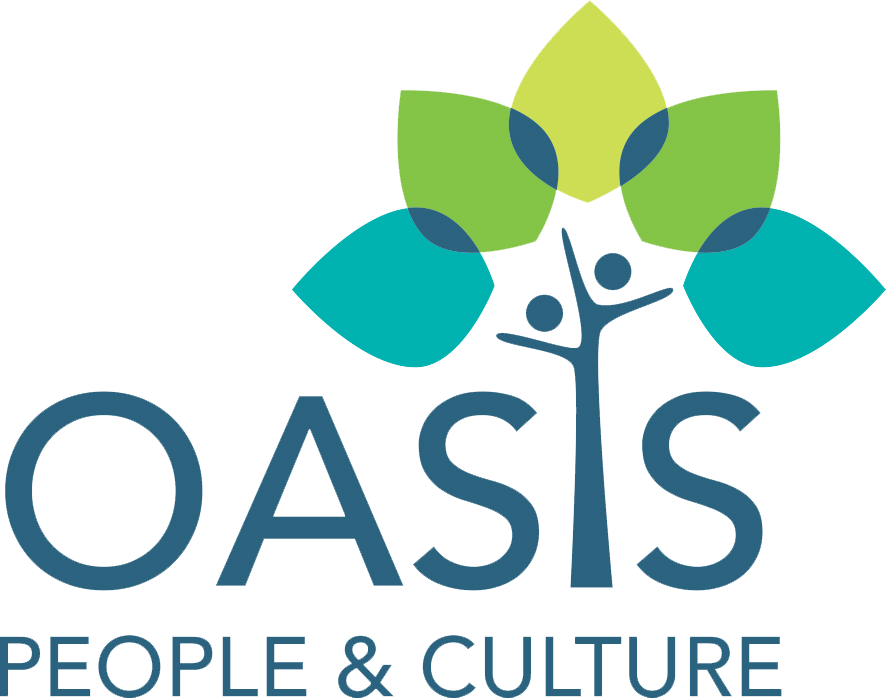I teach peacemaking through an organisation called Peacewise and, in my work with Oasis People and Culture, I am often in the fire of conflict within the organisations and family enterprises with whom we work.
I love being a peacemaker…as long as it is not MY conflict.
The last few weeks have seen conflict coming toward me. Here is the brief run down;
Being the captain navigating conflict on the cricket field
Being on the receiving end of unjust criticism from a long-term family friend,
Receiving the Property Managers email asking us to go back and clean something at the house we had just vacated (after spending $1800 for professional cleaning),
Being unfairly treated by a NFP for whom I have been working.
Nothing of earth shattering importance in any of these situations especially when you consider the sufferings of many in our world during 2020. But all produced an intense emotional response for me. Fortunately, the ultimate responses were not driven by the emotion I was experiencing but more by considered reflection.
At the heart of my conflicts, and you may have picked this up already, is the FACT that I have been badly treated. That may not look like a FACT to you as you read my story but, you know, in the heat of the moment my experience and perspective is the TRUTH about the situation….Isn’t it?
Once I am in the place of being the holder of the truth in a conflict there is a pretty good chance I have stopped listening to the perspectives and concerns of the other party. There is a good chance I will be emotionally flooded and not even interested or able to listen to them. If I am listening it will probably be for the purpose of proving them wrong.
One thing I have noticed in conflict is that when people are proven wrong they don’t typically move quickly to “Oh I am so sorry. You were completely right!” This points to the notion that we can end up,
“winning the argument and losing the person.”
I think it is important to remember that in any conflict all parties are trying to take care of the concerns that matter deeply to them. These concerns are often not readily apparent and, may even be outside of the consciousness of the individual, yet powerfully driving them. My effort to unearth and discover these concerns and drivers may be just what is needed to break the negative cycle of conflict.
In a practical sense, this might mean asking some questions which, in those moments, we we have never asked before. Questions like…
What is missing for you in this issue?
What is at stake for you here?
What is important for you that is not being taken care of?
What key concerns are not being addressed?
If we can manage our own emotional reactions AND be curious about what matters deeply to the other person, we may well find ourselves on the path to bringing understanding, healing and reconciliation.

